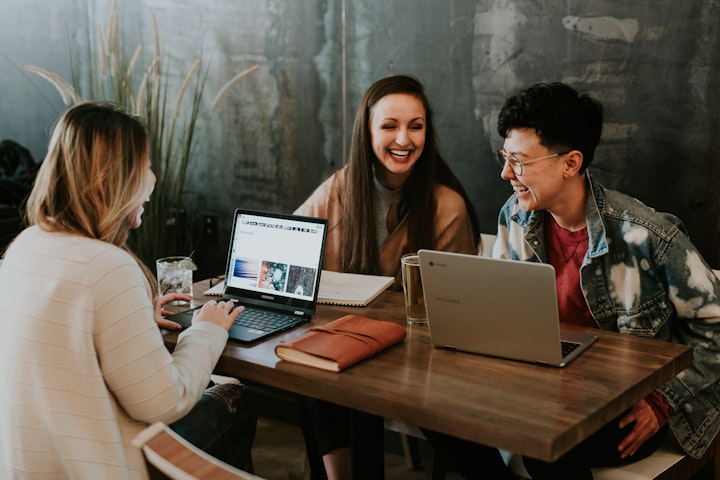Can I learn a language by only interacting with native speakers?
How can we learn a language by just interacting with a native speaker?

You can, but it will take much longer. Even a basic knowledge of grammar and vocabulary will allow you to learn much faster. I’ll give you three examples from personal experience:
We grew up speaking English and Afrikaans, and we learned these from the start. Because a child has that uncanny ability to learn and retain languages, these languages were learned before we could read. Because we use both daily, we won’t lose the ability to speak these languages.
To a lesser degree, we were also exposed to German and Sesotho (which was very close to Tswana), but not enough to learn to speak these languages fluently. So after learning Sesotho and German at school, we found that learning grammar definitely accelerated the mastering of these languages.
As adults, our exposure to these languages had a direct influence on how much we retained and how confident we felt when speaking this language. Because of our knowledge of the grammar, we could pick it up again when needed - one won’t completely “unlearn” a language if you had a deeper knowledge of the grammar.
And then there are the languages I was exposed to after moving to a new province (as an adult) - Zulu, Xhosa, Sepedi, Tswana and some Venda. I believed I would pick up at least one or two of these languages soon enough, especially since I had a basic knowledge of Sesotho. But I was very wrong.
Sure, Sepedi and Tswana are very similar to Sesotho, but the spelling and pronunciation are different. While I could follow a bit, I could not speak it. Zulu and Xhosa were completely foreign to me. After hearing it for years, I could recognise certain phrases and words, but I was shocked at how little I picked up.
I only just started to learn the Zulu basics - vocabulary as well as grammar. It was such an eye-opener: Much of what I believed to be different sayings and phrases were actually the same words, but with different prefixes and suffixes, and the tenses also changed words to such an extent that I could not recognise the basic words.
Only when I saw this in writing and had someone explain this to me slowly could I start to identify these modifiers and tenses - it helped me decipher those fast sentences where it seemed impossible to know where a word starts or ends.
My next step will be to go for a few classes, as I know from experience that it will take years and years to learn a new language purely by exposure (with no knowledge of the basics).
Another Example:
There are tens of millions of examples of people who do exactly that.
My grandparents weren’t native English speakers nor did they ever attend school in an English-speaking country. They arrived in The US in their late teens not knowing any English.
They learned, as your question states, by interacting with native speakers.
At the end of his life, my grandfather was doing the Sunday New York Times crossword puzzle.
Different Perspective:
Interacting with native speakers is an excellent practice but you do need a basic grasp of grammar in order to progress. Research shows that instruction helps you learn a language more quickly and that once you have an understanding of the mechanics of the language you can use that to help you when speaking to native speakers.
If you only interact with native speakers and do not study grammar, your English will be inaccurate and may lead to miscomprehension.
I hope this will help you a lot as I've had. 😜
Thank you for reading. I hope you liked this article, If yes then, support me by showing your interest and giving tip through the below option.
Thank you.🙏
About the Creator
Praveen Sharma
I am a professional writer and I have started writing on different social media platforms such as Vocal media. I have a keen interest to write on lifestyle, motivational stories, facts and photography, which's my absolute favourite.
I ❤️✍️






Comments
There are no comments for this story
Be the first to respond and start the conversation.